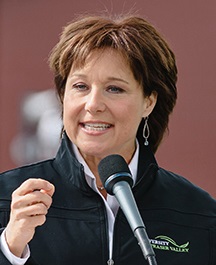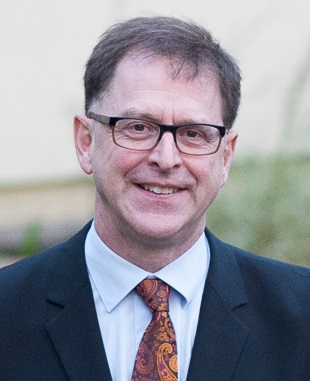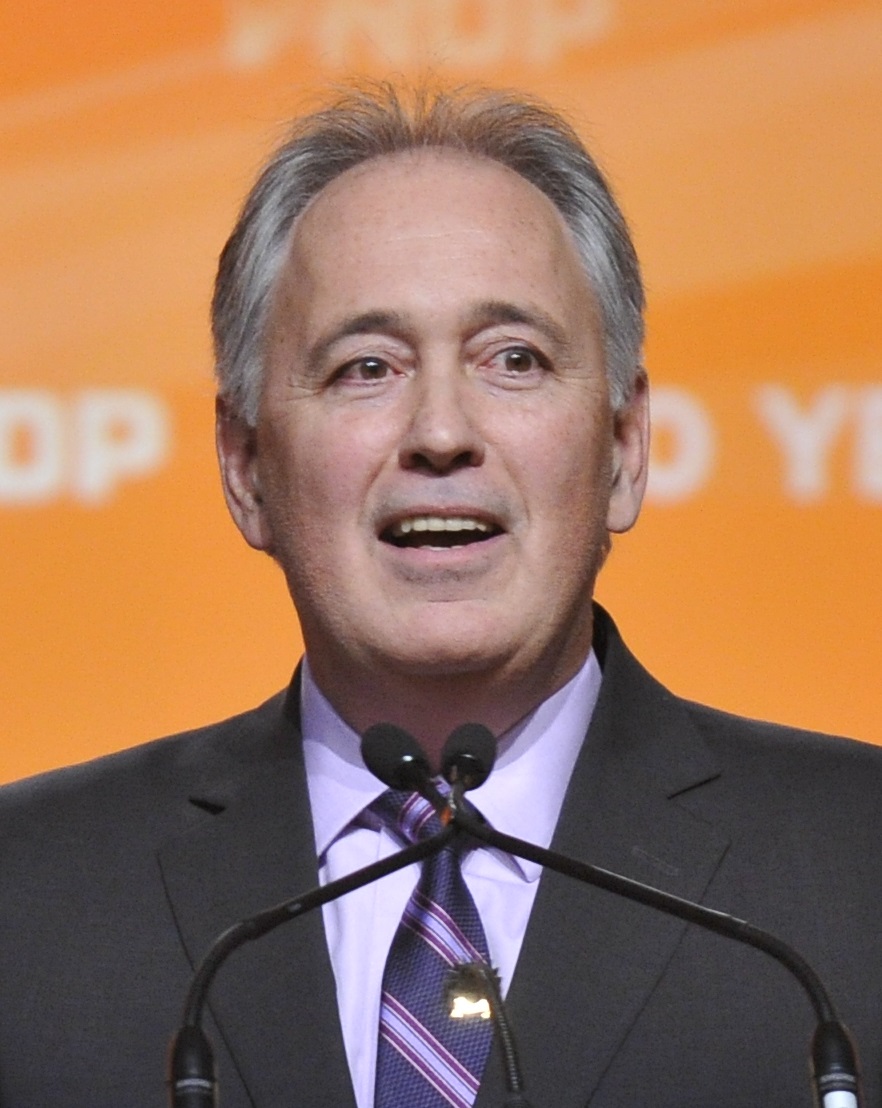|
Communist Party Of British Columbia
The Communist Party of British Columbia is the provincial section of the Communist Party of Canada in British Columbia. From the 1945 election to the 1956 election, it was known as the Labour-Progressive Party. Kimball Cariou, formerly the long-time editor of ''People's Voice'', became the party's leader in December 2020. Newspapers In contrast to other provincial sections of the Communist Party of Canada, the Communist Party of British Columbia published many newspapers of its own for nearly six decades, including the ''B.C. Worker's News'' (1935–1937), ''People's Advocate'' (1937–1940), ''Vancouver Clarion'' (1940–1941), ''Pacific Advocate'' (1942–1945), and ''Pacific Tribune'' (1946–1992). Electoral history References Citations Sources Books * Journal articles * Provincial political parties in British Columbia British Columbia British Columbia (commonly abbreviated as BC) is the westernmost province of Canada, situated betwe ... [...More Info...] [...Related Items...] OR: [Wikipedia] [Google] [Baidu] |
Vancouver
Vancouver ( ) is a major city in western Canada, located in the Lower Mainland region of British Columbia. As the List of cities in British Columbia, most populous city in the province, the 2021 Canadian census recorded 662,248 people in the city, up from 631,486 in 2016. The Greater Vancouver, Greater Vancouver area had a population of 2.6million in 2021, making it the List of census metropolitan areas and agglomerations in Canada#List, third-largest metropolitan area in Canada. Greater Vancouver, along with the Fraser Valley Regional District, Fraser Valley, comprises the Lower Mainland with a regional population of over 3 million. Vancouver has the highest population density in Canada, with over 5,700 people per square kilometre, and fourth highest in North America (after New York City, San Francisco, and Mexico City). Vancouver is one of the most Ethnic origins of people in Canada, ethnically and Languages of Canada, linguistically diverse cities in Canada: 49.3 percent of ... [...More Info...] [...Related Items...] OR: [Wikipedia] [Google] [Baidu] |
1972 British Columbia General Election
The 1972 British Columbia general election for the Canadian province of British Columbia was held to elect members of the Legislative Assembly of British Columbia. The election was called on July 24, 1972, and held on August 30, 1972. The new legislature met for the first time on October 17, 1972. David Barrett led the social democratic New Democratic Party to victory, winning a majority government. The Social Credit Party, led by Premier W.A.C. Bennett, was defeated after governing British Columbia since the 1952 election. Social Credit's share of the popular vote fell by over 15 percentage points, and the party lost 28 of the seats it had won in the previous election. The Liberal Party held onto its five seats, while the Progressive Conservative Party, under the leadership of Derrill Warren, returned to the legislature for the first time since the 1953 election by winning two seats. In four ridings and part of a fifth, a referendum was held on the question of daylight s ... [...More Info...] [...Related Items...] OR: [Wikipedia] [Google] [Baidu] |
Provincial Political Parties In British Columbia
Provincial may refer to: Government & Administration * Provincial capitals, an administrative sub-national capital of a country * Provincial city (other) * Provincial minister (other) * Provincial Secretary, a position in Canadian government * Member of Provincial Parliament (other), a title for legislators in Ontario, Canada as well as Eastern Cape Province, South Africa. * Provincial council (other), various meanings * Sub-provincial city in the People's Republic of China Companies * The Provincial sector of British Rail, which was later renamed Regional Railways * Provincial Airlines, a Canadian airline * Provincial Insurance Company, a former insurance company in the United Kingdom Other Uses * Provincial Osorno, a football club from Chile * Provincial examinations, a school-leaving exam in British Columbia, Canada * A provincial superior of a religious order * Provincial park, the equivalent of national parks in the Canadian provinc ... [...More Info...] [...Related Items...] OR: [Wikipedia] [Google] [Baidu] |
2020 British Columbia General Election
The 2020 British Columbia general election was held on October 24, 2020, to elect members of the Legislative Assembly to serve in the 42nd parliament of the Canadian province of British Columbia. The incumbent New Democratic Party of British Columbia (BC NDP) won a majority government, making John Horgan the first leader in the history of the BC NDP to win a second consecutive term as Premier. The incoming Legislature marked the first time the NDP commanded an outright majority government in BC since the 1996 election, as well as the first province-wide popular vote win for the party since 1991. Horgan called a snap election on September 21, 2020, the first early election in the province since the 1986 election. Horgan portrayed the call for an early election as required for stability given the fact that the BC NDP was governing with a minority of seats in the Legislative Assembly, but his decision was criticized by both the NDP's confidence and supply partner, the British C ... [...More Info...] [...Related Items...] OR: [Wikipedia] [Google] [Baidu] |
2017 British Columbia General Election
The 2017 British Columbia general election was held on May 9, 2017, to elect 87 members (MLAs) to the Legislative Assembly to serve in the 41st Parliament of the Canadian province of British Columbia. In the 40th Parliament prior to this general election, the British Columbia Liberal Party formed the government under the leadership of Christy Clark, while the British Columbia New Democratic Party (NDP), under the leadership of Adrian Dix and then John Horgan, formed the Official Opposition; the Green Party of British Columbia were also represented in the legislature with sole MLA and later leader Andrew Weaver. It was the first election contested on a new electoral map completed in 2015, and the total number of constituencies had increased from 85 to 87. New districts were added in Richmond and Surrey, while the boundaries of 48 existing electoral districts were adjusted. The election saw no party win a majority of seats for the first time since the 1952 election: the Li ... [...More Info...] [...Related Items...] OR: [Wikipedia] [Google] [Baidu] |
2013 British Columbia General Election
The 2013 British Columbia general election took place on May 14, 2013, to elect the 85 members of the 40th Parliament of British Columbia to the Legislative Assembly in the Canadian province of British Columbia. The British Columbia Liberal Party (BC Liberals) formed the government during the 39th Parliament prior to this general election, initially under the leadership of Premier Gordon Campbell then after his resignation, Christy Clark. The British Columbia New Democratic Party (BC NDP) under the leadership of Carole James, and then Adrian Dix, formed the Official Opposition. The BC Green Party under the leadership of Jane Sterk and the BC Conservative Party under John Cummins were also included in polling, although neither party had representation at the end of the 39th Parliament. The Liberal Party won its fourth straight majority; Clark was defeated in her riding, but she was re-elected to the legislature in a subsequent by-election in Westside-Kelowna on July 10, 2013 ... [...More Info...] [...Related Items...] OR: [Wikipedia] [Google] [Baidu] |
2009 British Columbia General Election
The 2009 British Columbia general election was held on May 12, 2009, to elect members of the Legislative Assembly in the Canadian province of British Columbia. The British Columbia Liberal Party (BC Liberals) formed the government of the province prior to this general election under the leadership of Premier Gordon Campbell. The British Columbia New Democratic Party (BC NDP) under the leadership of Carole James was the Official Opposition. The election was the first contested on a new electoral map completed in 2008, with the total number of constituencies increased from 79 in the previous legislature to 85. Under amendments to the BC Constitution Act passed in 2001, BC elections are now held on fixed dates which are the second Tuesday in May every four years. A second referendum on electoral reform was held in conjunction with the election. The election did not produce a significant change in the province's political landscape. The BC Liberals, who had been in power since th ... [...More Info...] [...Related Items...] OR: [Wikipedia] [Google] [Baidu] |
2005 British Columbia General Election
The 2005 British Columbia general election was held on May 17, 2005, to elect members of the Legislative Assembly (MLAs) of the Province of British Columbia (BC), Canada. The British Columbia Liberal Party (BC Liberals) formed the government of the province prior to this general election under the leadership of Premier Gordon Campbell. The main opposition was the British Columbia New Democratic Party (BC NDP), whose electoral representation was reduced to two MLAs in the previous provincial election in 2001. The BC Liberals retained power, with a reduced majority of 46 out of 79 seats, down from the record 77 out of 79 in 2001. Voter turnout was 58.2 per cent. Under amendments to the BC Constitution Act passed in 2001, BC elections are now held on fixed dates: the second Tuesday in May every four years. This was the first provincial election for which elector data in the provincial elector list was synchronised with the National Register of Electors. Coincidental with the gene ... [...More Info...] [...Related Items...] OR: [Wikipedia] [Google] [Baidu] |
2001 British Columbia General Election
The 2001 British Columbia general election was the 37th provincial election in the Province of British Columbia, Canada. It was held to elect members of the Legislative Assembly of British Columbia. The election was called on April 18, 2001 and held on May 16, 2001. Voter turnout was 55.4 per cent of all eligible voters. The incumbent British Columbia New Democratic Party (BC NDP), in office since 1991, had been rocked by two major scandals—the Fast Ferries Scandal and a bribery scandal involving Premier Glen Clark. With the NDP's ratings flatlining, Clark resigned in August 1999, and Deputy Premier Dan Miller took over as caretaker premier until Ujjal Dosanjh was elected his permanent successor in February. Dosanjh was not, however, able to restore the party's public image, and the BC NDP suffered a resounding defeat at the hands of the British Columbia Liberal Party (BC Liberals), led by former Vancouver mayor Gordon Campbell. The BC Liberals won over 57% of the popular vot ... [...More Info...] [...Related Items...] OR: [Wikipedia] [Google] [Baidu] |
1996 British Columbia General Election
The 1996 British Columbia general election was the 36th provincial election in the Province of British Columbia, Canada. It was held to elect members of the Legislative Assembly of British Columbia. The election was called on April 30, 1996, and held on May 28, 1996. Voter turnout was 59.1 per cent of all eligible voters. The election is notable for producing a "false-winner" outcome, rewarding a party that got second in the popular vote with a majority government. New Democratic Party leader and provincial premier Mike Harcourt had resigned as the result of a fundraising scandal involving one of the members of his caucus. Glen Clark was chosen by the party to replace Harcourt. Clark led the party to a second majority government, defeating the Liberal Party of Gordon Campbell, who had become leader of the Liberal Party after Gordon Wilson had been forced out of the position because of his relationship with another Liberal member of the legislature, Judi Tyabji. After Wilson was ... [...More Info...] [...Related Items...] OR: [Wikipedia] [Google] [Baidu] |
1991 British Columbia General Election
The 1991 British Columbia general election was the 35th provincial election in the Province of British Columbia, Canada. It was held to elect members of the Legislative Assembly of British Columbia. The election was called on September 19, 1991, and held on October 17, 1991. The incumbent Social Credit Party of British Columbia, which had been beset by scandals during Bill Vander Zalm's only term as premier, was defeated by the New Democratic Party of Mike Harcourt. Liberal Party leader Gordon Wilson surprised observers by leading his party to winning one-third of the votes cast, and forming the official opposition in the legislature. The new legislature met for the first time on March 17, 1992. The election was held at the same time as a referendum on recall and initiative. It was also the first British Columbia general election with only single-member districts. Background Under Vander Zalm's leadership, Socred's control shifted from urban fiscal conservatives to social co ... [...More Info...] [...Related Items...] OR: [Wikipedia] [Google] [Baidu] |
1986 British Columbia General Election
The 1986 British Columbia general election was the 34th general election in the Province of British Columbia, Canada. It was held to elect members of the Legislative Assembly of British Columbia. The sitting Social Credit government was re-elected. The election was called on September 24, 1986. The election was held on October 22, 1986, and the new legislature met for the first time on March 9, 1987. The governing British Columbia Social Credit Party (Socreds) had seen a leadership change just months before the election, with Bill Bennett standing down in favour of Bill Vander Zalm. Promising a fresh start after the Bennett years, Vander Zalm led the Socreds to a fourth consecutive majority government, although with winning less than half of the popular vote. 12 new seats had been created in the legislature for this election. Social Credit coincidentally won 12 additional seats, while the social democratic New Democratic Party, led by Bob Skelly, won the same number it had in t ... [...More Info...] [...Related Items...] OR: [Wikipedia] [Google] [Baidu] |

.jpg)






